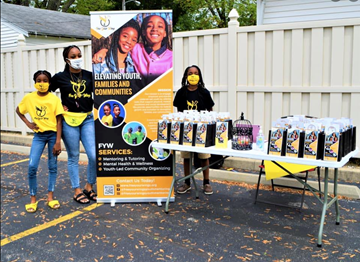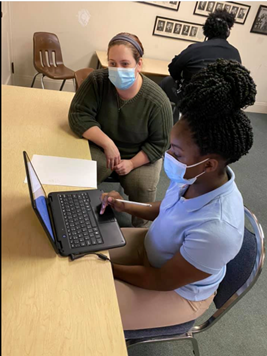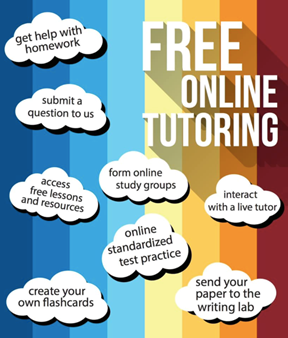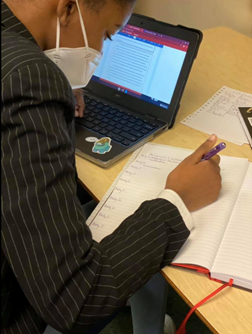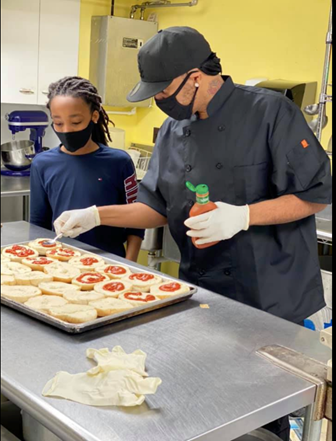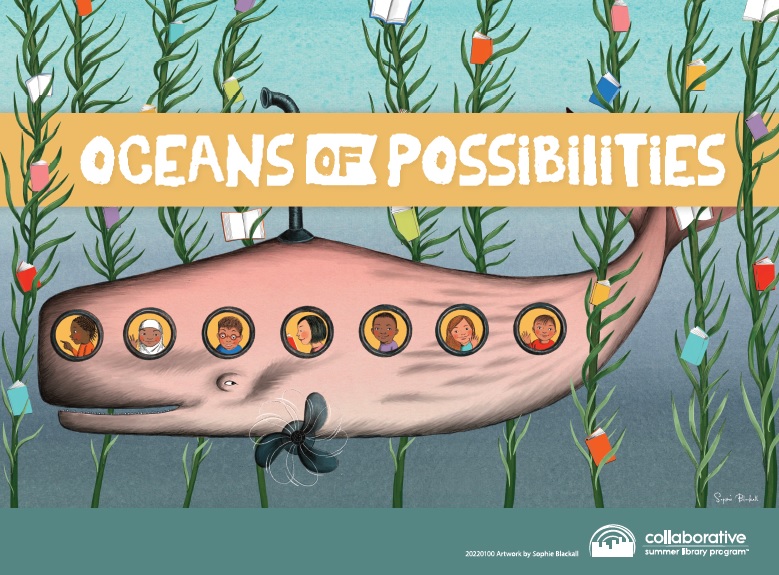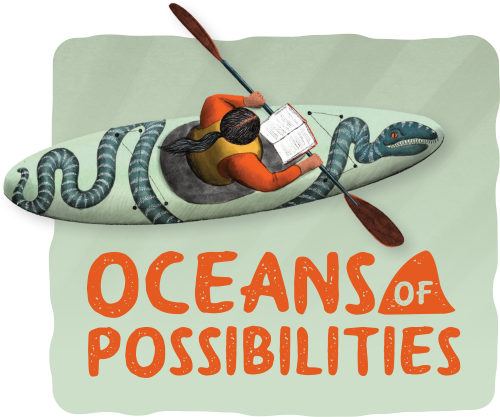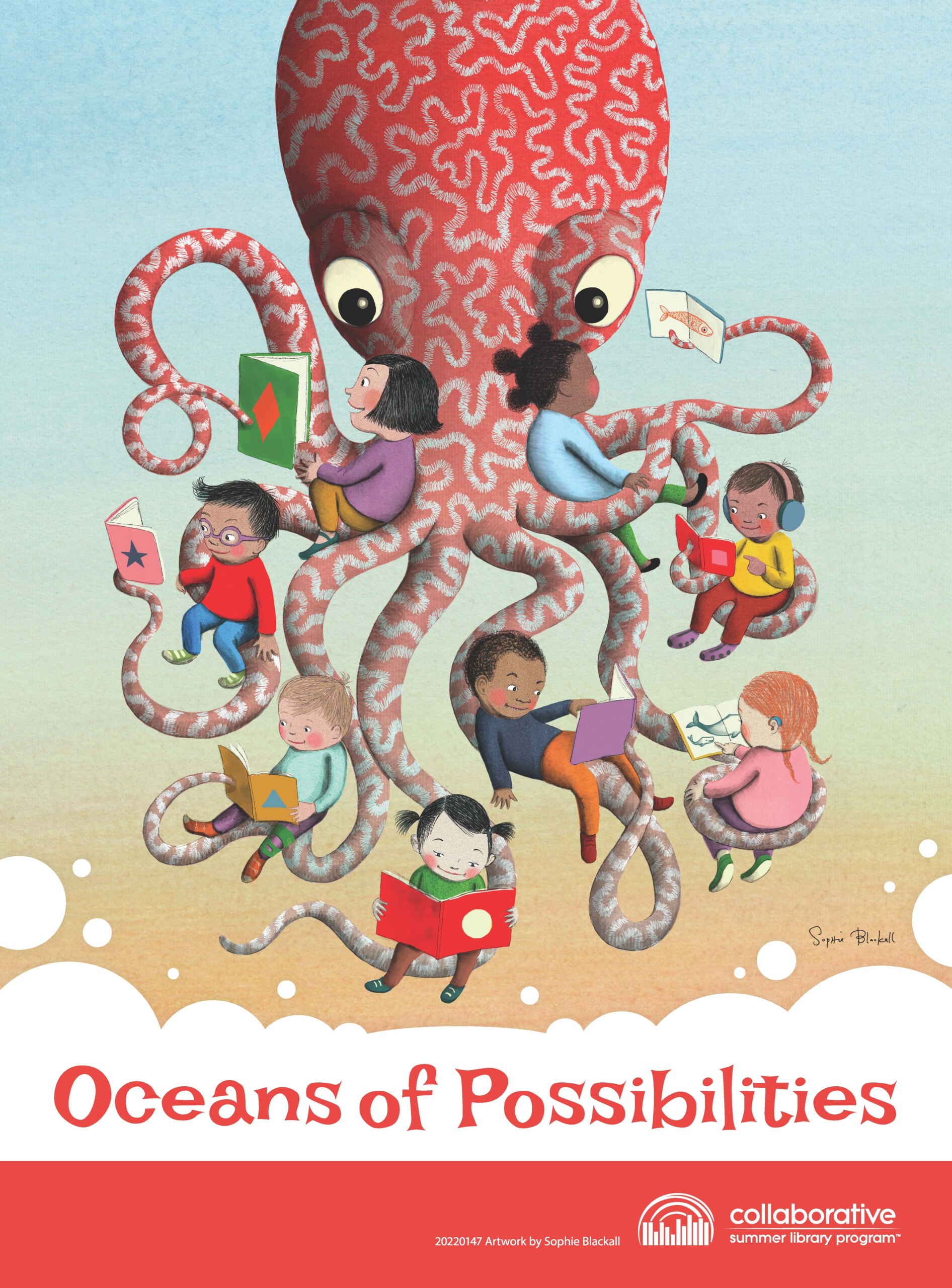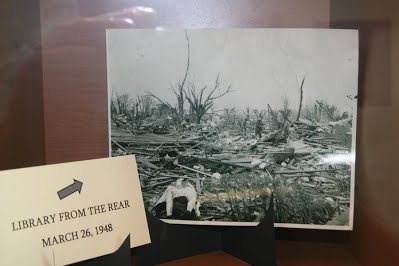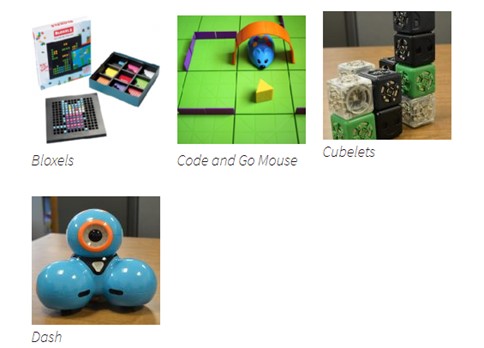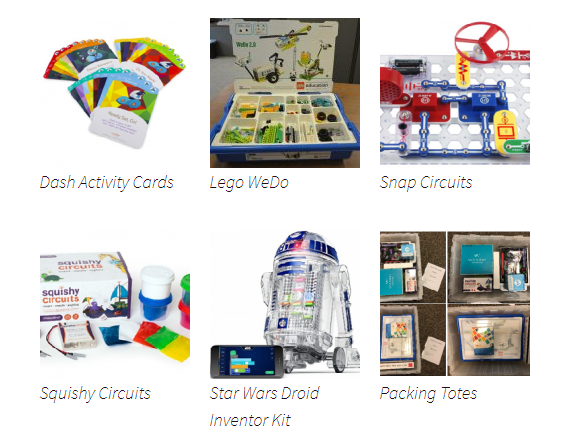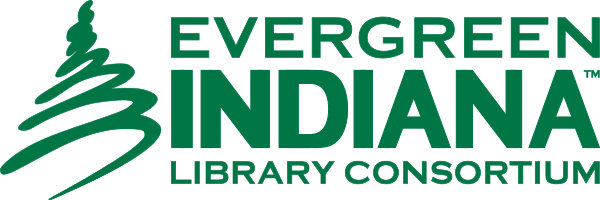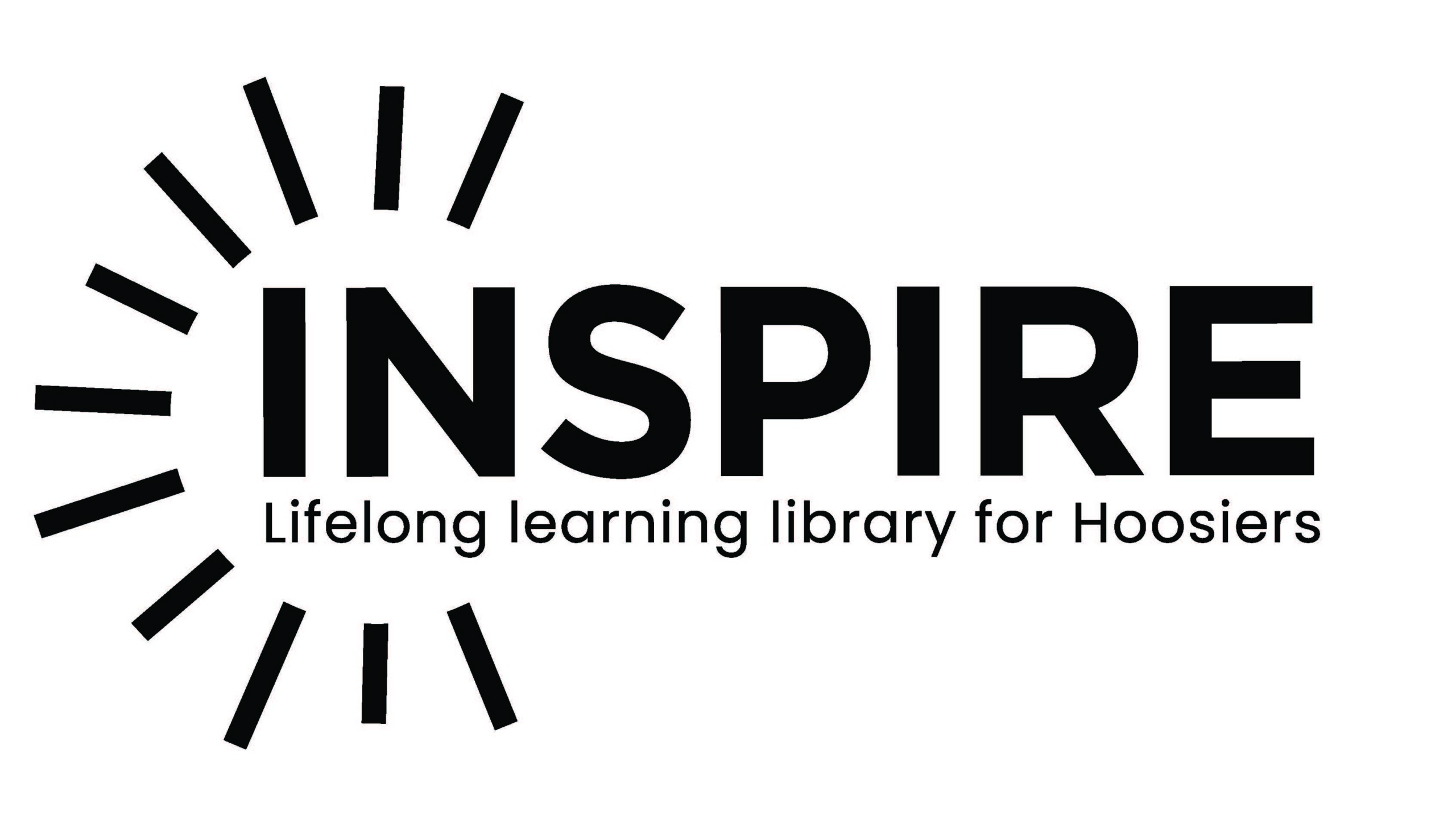The Indiana State Library’s Professional Development Office has announced a new series of webinars, What the Research Says, featuring academicians and their research. This series will be irregular, but the hope is to feature at least one per quarter. We invite academic librarians to reach out to us with projects they would like to present or topics they feel would make good additions to this series. Submissions may be directed to George Bergstrom, Southwest regional coordinator in the Professional Development Office.
This spring, we kicked of this new series with “Creating Informed Learners in the Classroom: Librarian Experiences of Developing a Multi-institutional Information Literacy Project,” featuring librarians from Purdue University. In this webinar Clarence Maybee, Rachel Fundator and Amity Saha presented on their three-year research project funded by an IMLS grant.
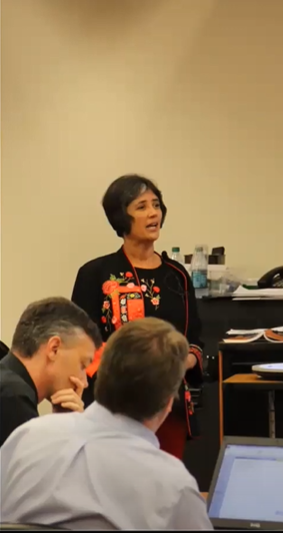 The Creating Informed Learners in the Classroom project, made possible in part by the Institute of Museum and Library Services (RE-13-19-0021-19), facilitated librarian-instructor partnerships to integrate information-rich student projects into disciplinary classrooms. The project was a partnership between librarians at Purdue University, the University of Nebraska-Lincoln and the University of Arizona. Over the course of four weekly online sessions, the project team trained 15 librarian-instructor teams – five from each university – to use an information literacy framework called Informed Learning Design to design student projects that enable students to use information in new ways in their courses.
The Creating Informed Learners in the Classroom project, made possible in part by the Institute of Museum and Library Services (RE-13-19-0021-19), facilitated librarian-instructor partnerships to integrate information-rich student projects into disciplinary classrooms. The project was a partnership between librarians at Purdue University, the University of Nebraska-Lincoln and the University of Arizona. Over the course of four weekly online sessions, the project team trained 15 librarian-instructor teams – five from each university – to use an information literacy framework called Informed Learning Design to design student projects that enable students to use information in new ways in their courses.
In this webinar, the team gave an overview of the principles of Informed Learning design, their specific project, how they had to adapt due to COVID and some great lessons learned from this three-year effort in improving student learning. Anyone who missed this webinar is invited to view the recording on the State Library’s YouTube channel. More details can be found on the archived webinars page of the Continuing Education website.
The Professional Development Office hopes that this series will offer a venue for academic librarians to not only share their work with others in their field, but with the wider library profession. The format will most often be a one-hour panel discussion webinar, but we are open to discussing other options with interested presenters. Anyone who is curious about being a part of this new series is invited to reach out to George Bergstrom.
This post was written by George Bergstrom, Southwest regional coordinator, Professional Development Office, Indiana State Library.





